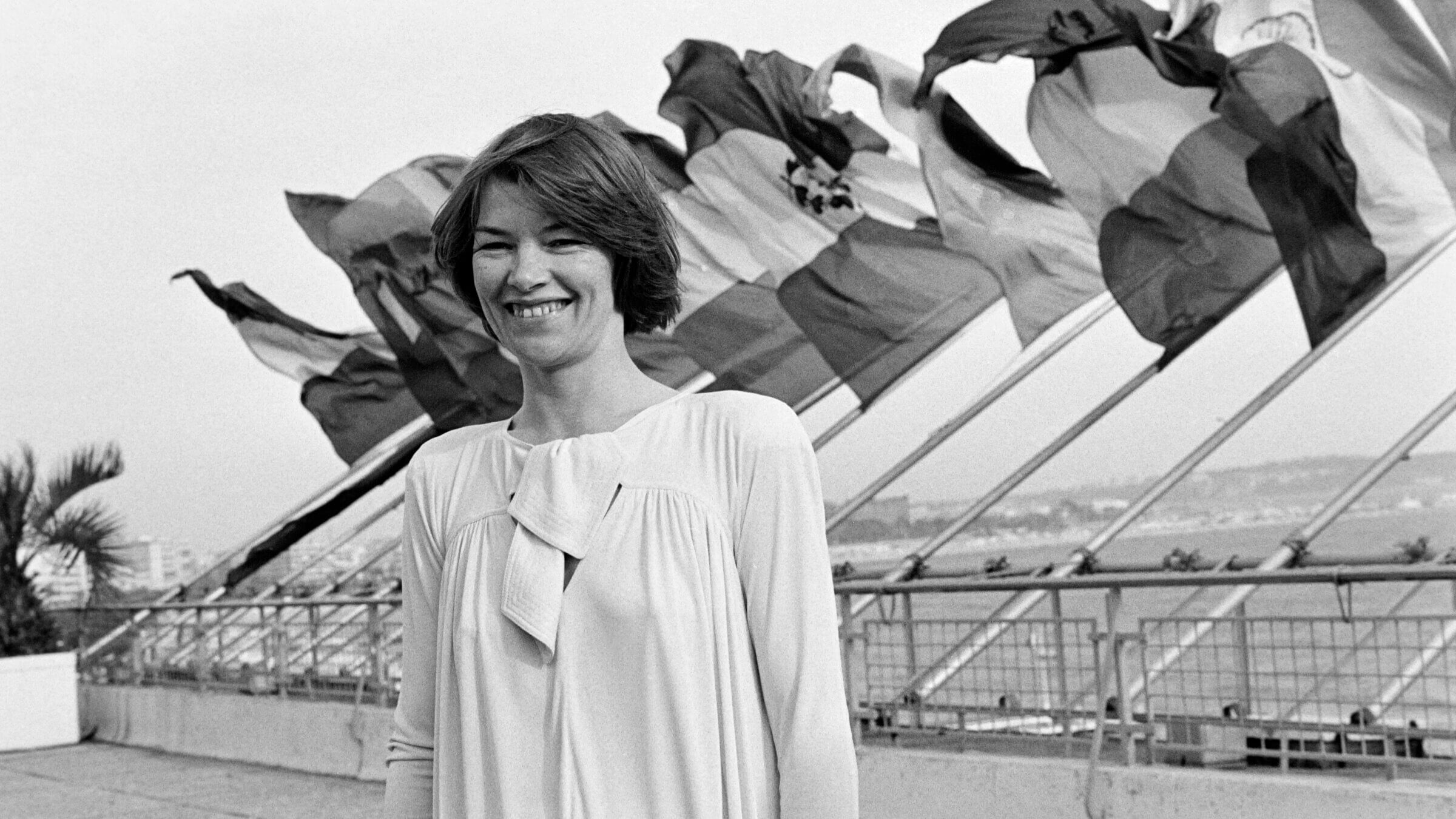Glenda Jackson played Jews, acted for Jews and replaced a Jew in parliament
The MP and Oscar winner died at 87

Glenda Jackson at Cannes in 1976. Photo by AFP via Getty Images
Glenda Jackson, the legendary actress and Labour politician, may have caught the acting bug by watching Shakespeare’s infamous Jew.
As a teenager in 1951, Jackson went to Liverpool with her school to see Donald Wolfit’s Shylock. As noted in the biography Glenda Jackson: A Study in Fire and Ice, Jackson walked away from the performance, her first legitimate experience of professional theater, saying she had witnessed “an incredible piece of magic.”
Thirteen years later, she’d play a role in Christopher Marlowe’s Jew of Malta for the Royal Shakespeare Company, but it was her work at the company with Jewish director Peter Brook, who directed her in Peter Weiss’ Marat/Sade in 1965, that led to her breakthrough.
Playing Charlotte Corday, the murderer of French polemicist Jean-Paul Marat, Jackson took the role to Broadway and earned a Tony nomination in 1966. A year later she’d appear in Brook’s film of the play. When Brook died last year, Jackson remembered him as “the greatest director the world has ever seen,” and credited his guidance.
In 1970, with a solid background in theater and experience in film, Jackson won her first Academy Award for Women in Love, with a script by Jewish playwright and activist Larry Kramer, based on the novel by D.H. Lawrence. By 1972, she was nominated for her role in Jewish director John Schlesinger’s drama, Sunday Bloody Sunday, in which she played one corner of a love triangle alongside a gay Jewish doctor. Jackson lost to Jane Fonda’s Klute, but won the BAFTA and took home the Oscar in 1974, for A Touch of Class, written and directed by Melvin Frank and co-starring George Segal. She won the Golden Globe for it, too.
Though she wasn’t awarded for the roles, Jackson also played Jewish actress Sarah Bernhardt in 1976’s The Incredible Sarah and pianist Harriet Cohen in 1992’s The Secret Life of Arnold Bax, her last screen credit for over two decades.
In 1978, Jackson lent her support to the Anti-Nazi League, designed to oppose far-right factions in the United Kingdom. It was far from her last brush with politics. An advocate for liberal causes and fierce critic of Margaret Thatcher’s economic policies, Jackson retired from acting in 1991, running to replace retiring conservative MP for Hampstead and Highgate, Geoffrey Finsberg, who was Jewish and a fierce defender of Israel.
Jackson, whose constituency included Jewish communities, served until March of 2015. In 2011, during an appearance at Belsize Square Synagogue in London, a college student asked Jackson about a visiting speaker who likened Israel’s actions to the Holocaust.
The Jewish Chronicle reported that she did not believe the comparison was “hate speech,” though she thought it was “stupid and insensitive.”
On the subject of Israel, Jackson said “Israel is not a little country standing alone against armies of people who hate it. If the government want support, they must stop building settlements, take down the wall and start letting necessities like cement into Gaza. I’m not anti-Israel but I am anti the Israeli government.” In the wake of the Labour Party’s antisemitism scandal, Jackson defended Jeremy Corbyn and members of her party, but supported an investigation from leadership.
Keeping consistent with her early stand against antisemitism, Jackson penned a letter hoping to ban the leader of Hungary’s “racist and antisemitic extremist party, Jobbik, from entering the UK as his politics of hate are simply not welcome here.”
Following her service in government, Jackson returned to acting in her final years. She broke her decades-long absence by appearing in, what else, Shakespeare, as King Lear. In 2019, she reprised the role for Broadway in a production by Jewish director Sam Gold.
A message from our Publisher & CEO Rachel Fishman Feddersen

I hope you appreciated this article. Before you go, I’d like to ask you to please support the Forward’s award-winning, nonprofit journalism so that we can be prepared for whatever news 2025 brings.
At a time when other newsrooms are closing or cutting back, the Forward has removed its paywall and invested additional resources to report on the ground from Israel and around the U.S. on the impact of the war, rising antisemitism and polarized discourse.
Readers like you make it all possible. Support our work by becoming a Forward Member and connect with our journalism and your community.
— Rachel Fishman Feddersen, Publisher and CEO






























